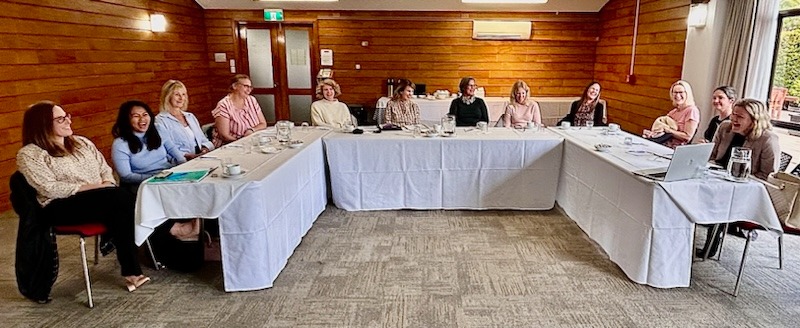With Summer now on our doorstep there is an opportunity to channel enhanced energy into some excitement and increased motivation at work.
The sun’s out, the beaches are full and everywhere you look, people have a spring in their step. It is a great feeling!
And with it comes a new sense of vitality, increased optimism and a feeling that things are on the up.
How can you capture this feeling and have your workplace buzzing at this time of year?
With a few creative initiatives, you can harness this great summer energy and use it to maintain engagement right throughout the season. And boost productivity along the way.
Set clear “Before Christmas” goals
Short-term stretch goals can be helpful right now.
They give your team a focus, direction, purpose and some end goals. Their daily tasks become more meaningful. Shooting for set goals keeps energy focused and channeled on important deliverables.
Setting more short-term goals and then celebrating milestones will keep the energy levels high and set in the right direction.
Refresh your recognition strategy to align with your Christmas goals
Recognition, whether it is through public praise, awards, social occasions or something more tangible like vouchers, makes a big difference to your team’s motivation.
Implement a summer innovation challenge
When energy is high, creativity also increases, so now is good time to take advantage of this by providing an environment of innovation.
- What fresh ideas do your team have for next year?
- What problems can they solve?
- What processes can they improve?
Giving them encouragement, space and a framework to do something that challenges them and feels meaningful is fun and will also improve your business.
Take meetings outside
Meetings don’t have to be attached to a PowerPoint.
Fresh air and sunlight are proven to increase energy, improve your mood and also do wonders for mental health and wellbeing. You will need to find a great outdoor space that is comfortable and pleasant to be in.
A spot that works will encourage positivity and openness. Be prepared for more conversation, sharing of ideas and a lot more laughter.
Introduce Summer Friday’s
Wouldn’t we all rather be at the beach than the office at 3pm on a Friday? Is there any reason why this can’t be orchestrated? Perhaps working a little longer on other days or hitting set targets earlier allows this to become a reality for your team. They would love it and would most likely surprise you with what they can achieve.
The carrot may not be an early Friday finish. It could be offering increased flexibility or shifting core hours earlier.
Allowing time for focused work and enjoying the season will mean your team spend less time looking longingly out the window at the sun and more time focused on delivery.
Take advantage of the increased energy and sense of wellbeing that summer brings and capture it with innovative work options.
Recognising and implementing smart strategies to keep your team focused, firing and having fun will keep your business strong right through the season.
Positive People have over 30 years’ experience helping businesses to get the best from their team’s. Call us now on 0800 00 00 49.
Whatever your problem, we can help.













